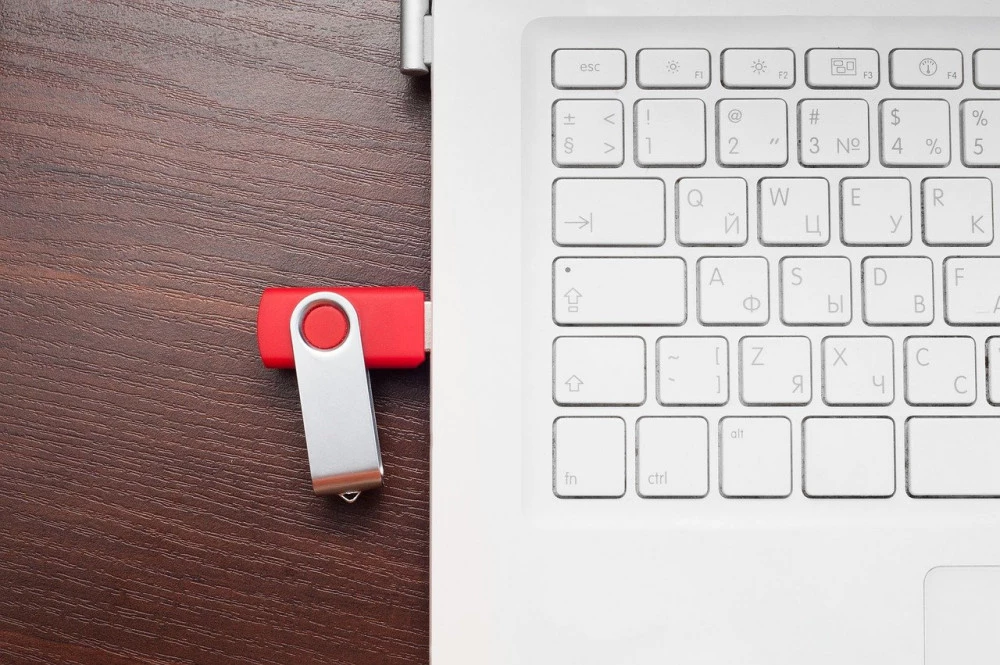Why is it Important to Make Sure Your USB Drive is Ejecting Properly?
How does a USB drive differ from other storage devices?
While flash drives are used regularly by every type of user, from casual home users and gamers to professionals in fields like technology, science, business and academia, many people might not be aware of some of their lesser-known features. While a flash drive can be used as portable storage space for important documents or photos; they also have a number of security features that help ensure your information remains safe.
Dealing with an unmountable hard drive
Although you can't get your data back if you have an unmountable hard drive, there are steps you can take in order to minimize data loss and corruption. Unfortunately, even with your best efforts, sometimes it might be impossible for you to access a faulty hard drive. The most important thing is to make sure that your data is safe.
Issues when ejecting USB drives
There's a chance you've never encountered an issue ejecting a USB drive, but there are more than one ways things can go wrong—and all of them are pretty serious. When files on your computer are stored in unallocated clusters, for example, and you remove your drive without safely ejecting it first, those files could become corrupted or even deleted. Once deleted, they can't be recovered.

What causes eject issues with your USB drive?
It's always frustrating when you want to remove a USB drive from your computer, and you can't. It may be stuck in there somehow. Don't panic! There are two common causes of eject issues with a flash drive: dirty or faulty hardware, and OS-related glitches. Let's take a look at how to fix these problems so that you can safely remove your flash drive from your computer every time.
When should I be worried about my USB drive?
If you're using a Windows system, you should look out for any alerts when your computer tries to eject your drive. If something goes wrong, you might get an error message like The disk in drive X is not formatted. Do you want to format it now? The best thing to do in that situation would be to run Scandisk on your drive; that should make everything right again. If not, check with Microsoft support.

What should I do if my data was lost because of this issue?
If you find yourself in a situation where your data was lost because of a defective, failing or improperly functioning USB drive, there are steps you can take. The first step you should take is to stop using your USB drive immediately and check your device for any signs of damage. If there are none, then assess how important your data on that device was by estimating how much time and money it would cost to recreate what was lost.

The benefits of ejecting the USB drive before physically removing it
There are two key benefits to ejecting your USB drive before you remove it from your computer: It frees up space on your system and cleans out temporary files that may have accumulated on your USB drive, and, more importantly, ejecting a USB drive is necessary for safely removing one from your computer. If you leave your USB drive in an active state, some computers will try to access its data—even if it's not plugged into a port. This can result in errors or data loss when you disconnect the device. Always make sure your USB drive is safe by following these steps: Right-click on My Computer and select Eject... from under Devices with Removable Storage . This will force Windows to disconnect any active devices connected to your computer.


